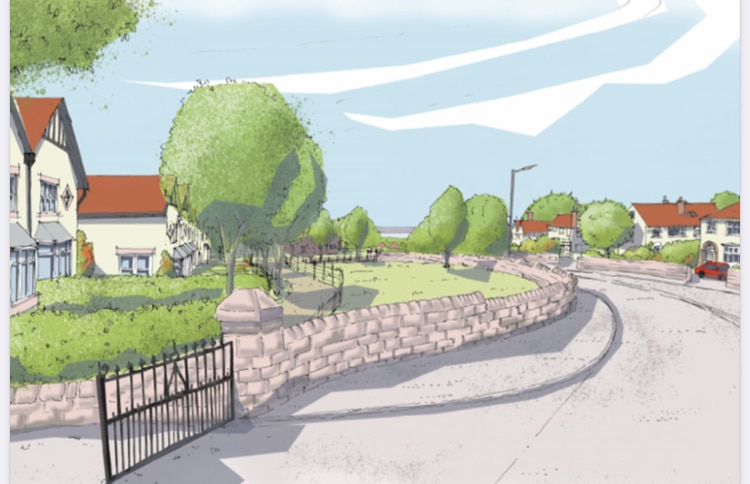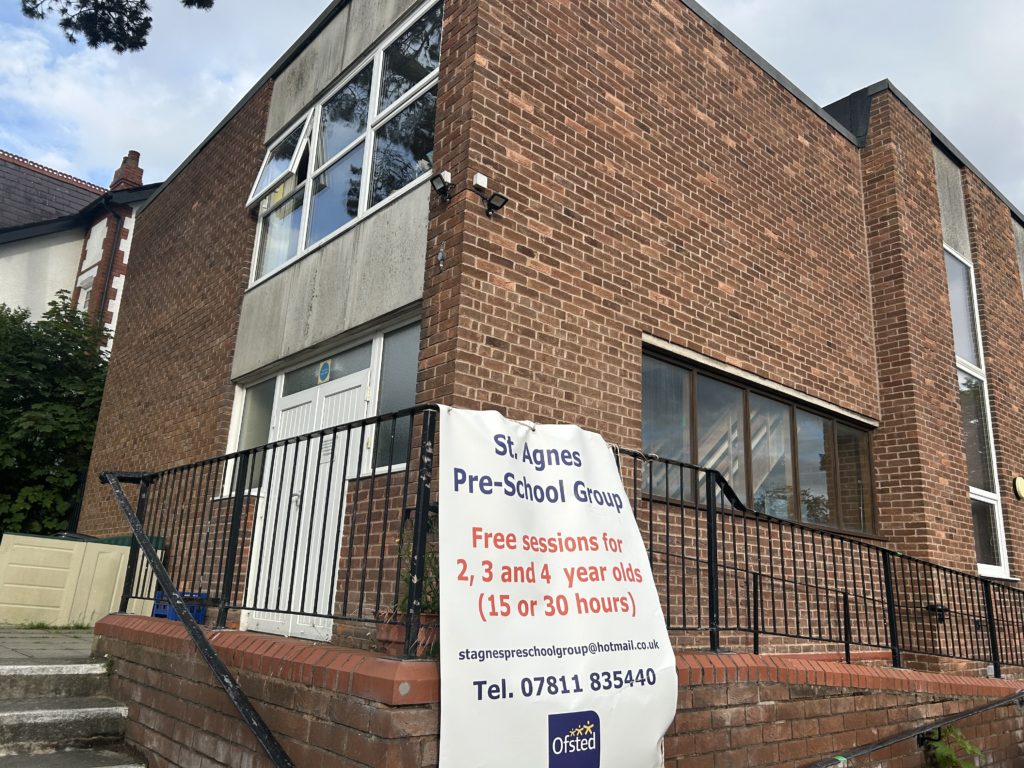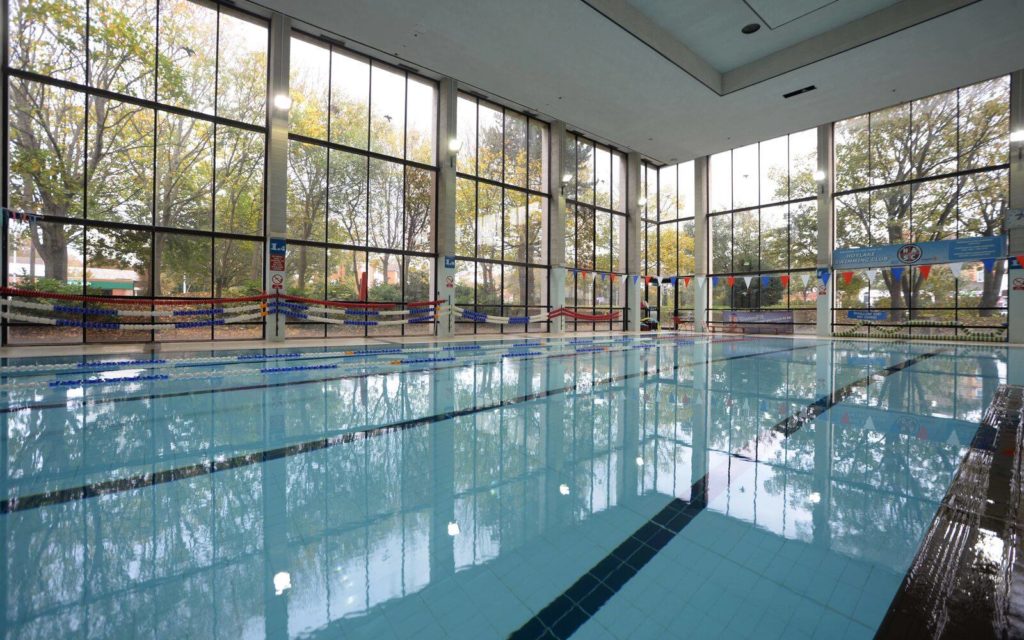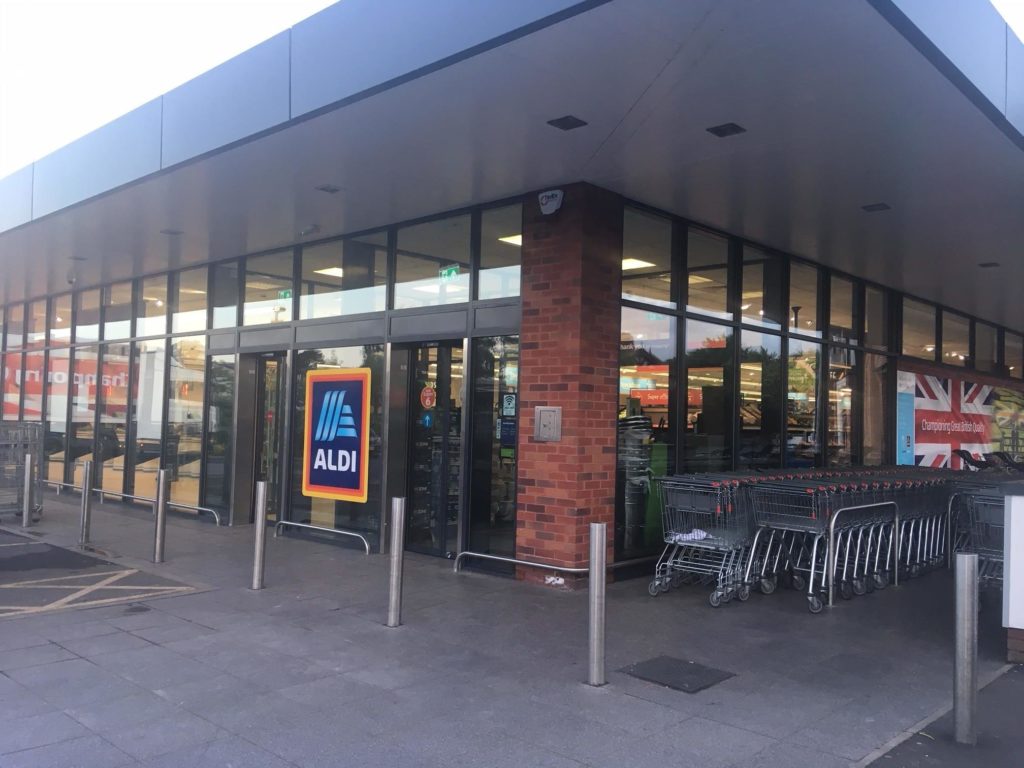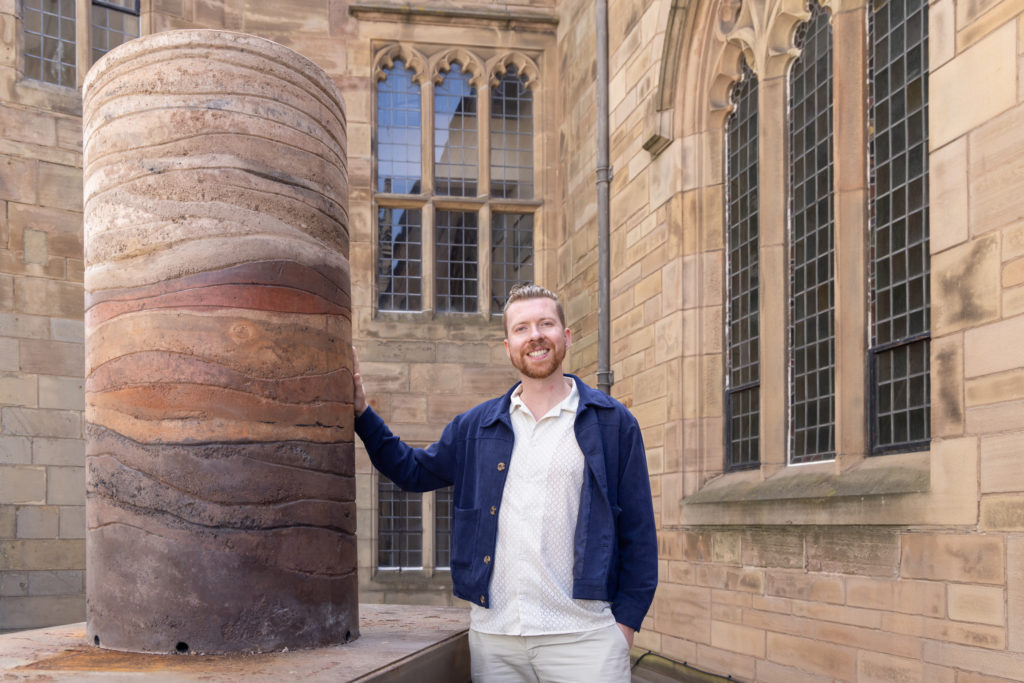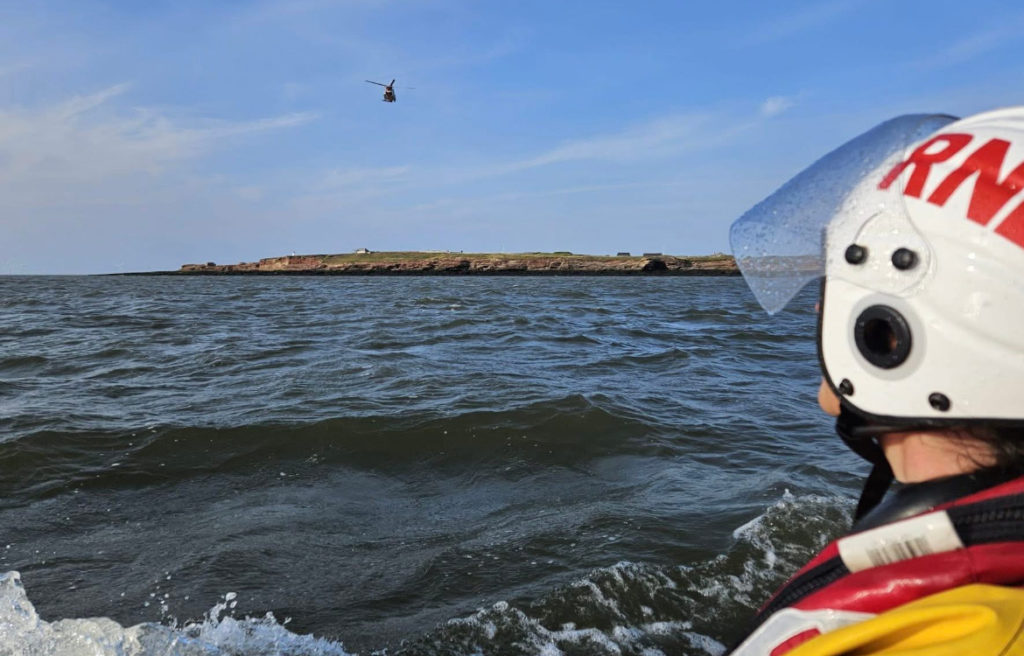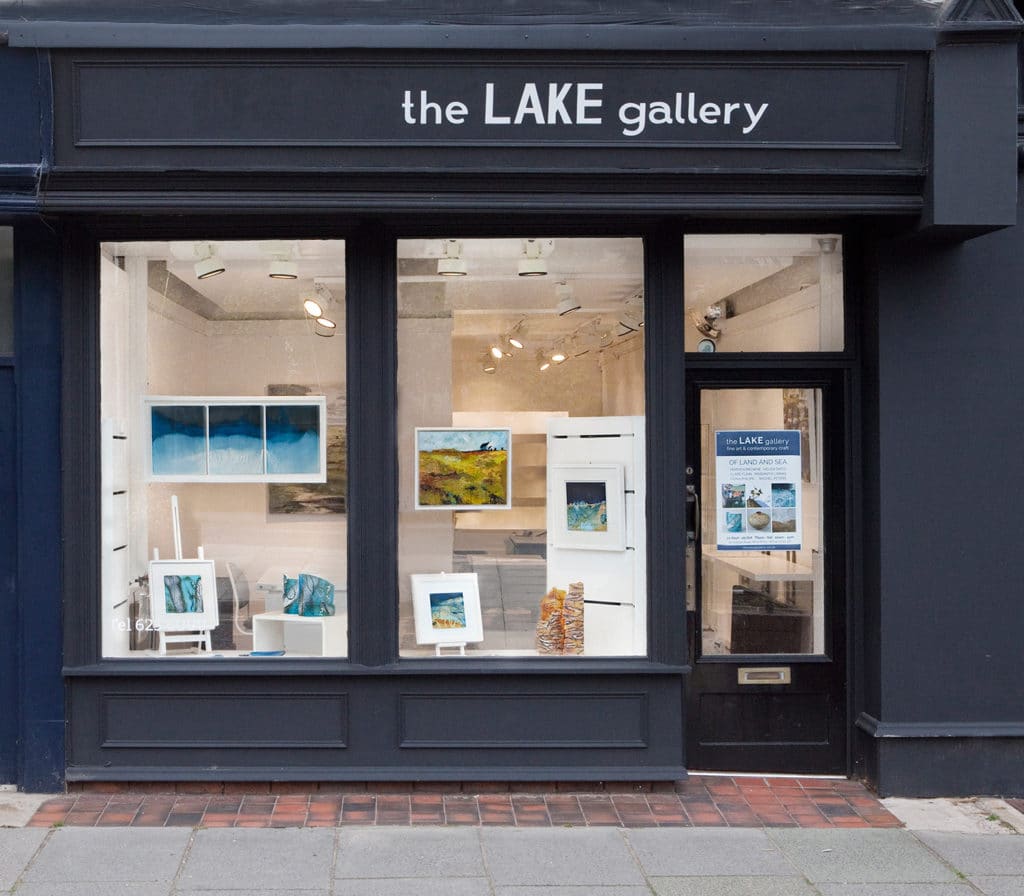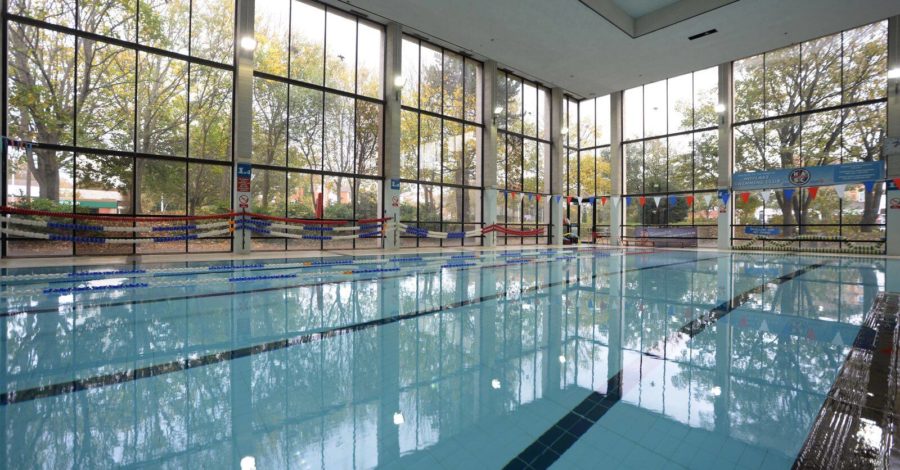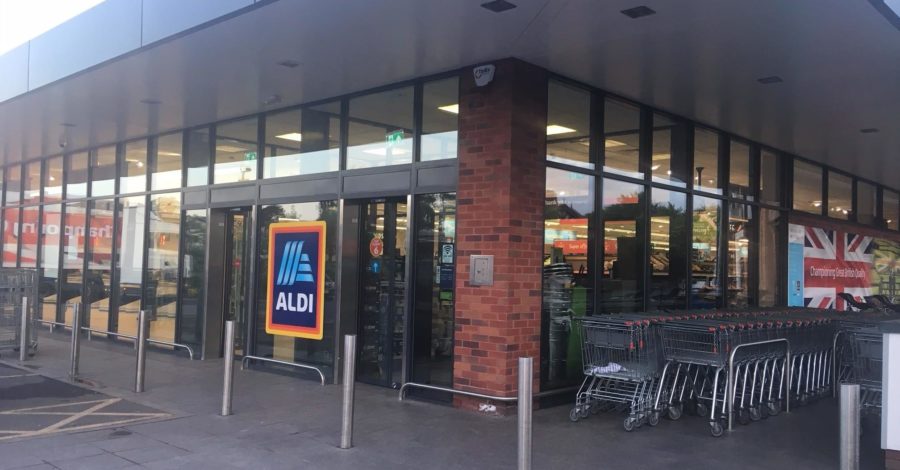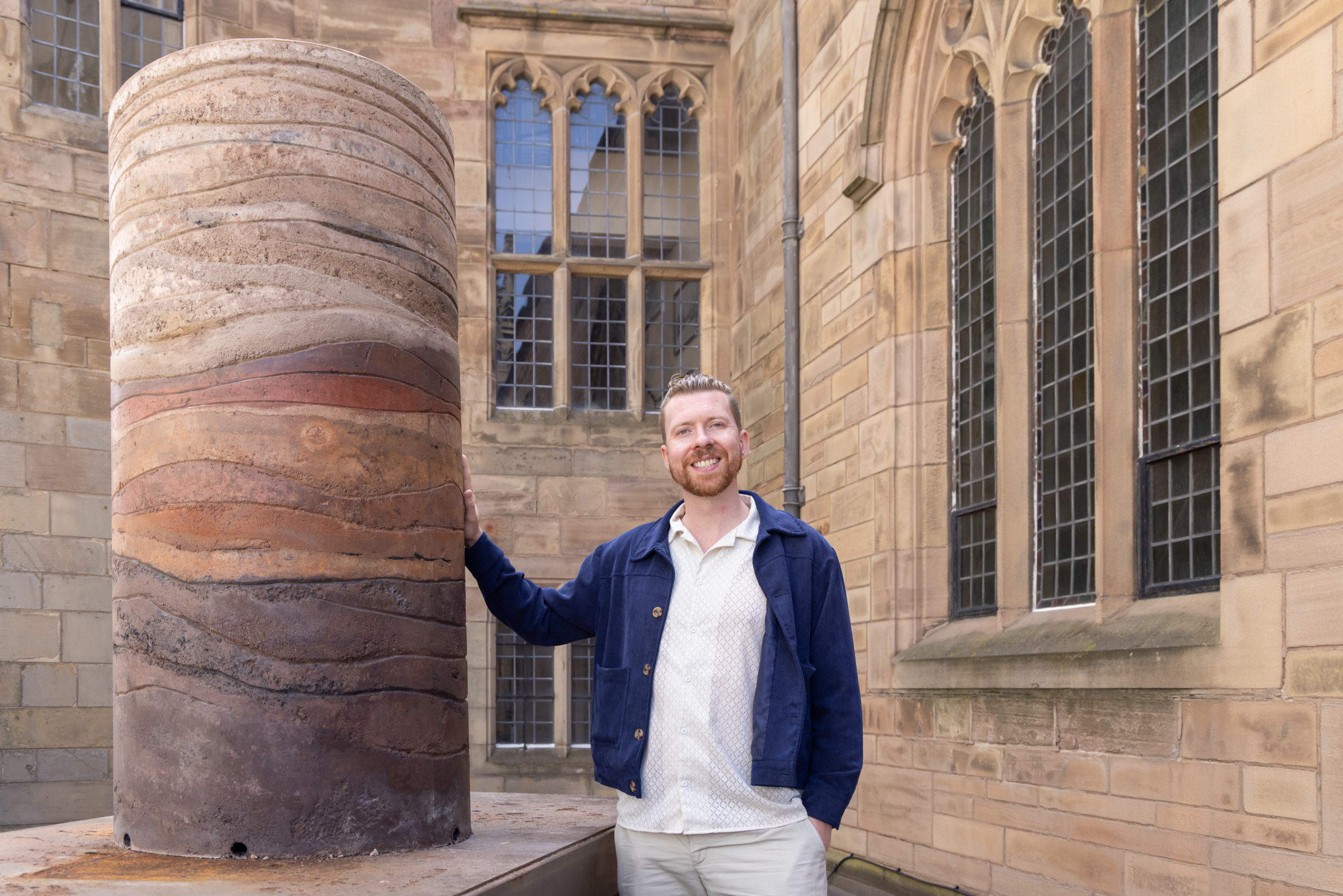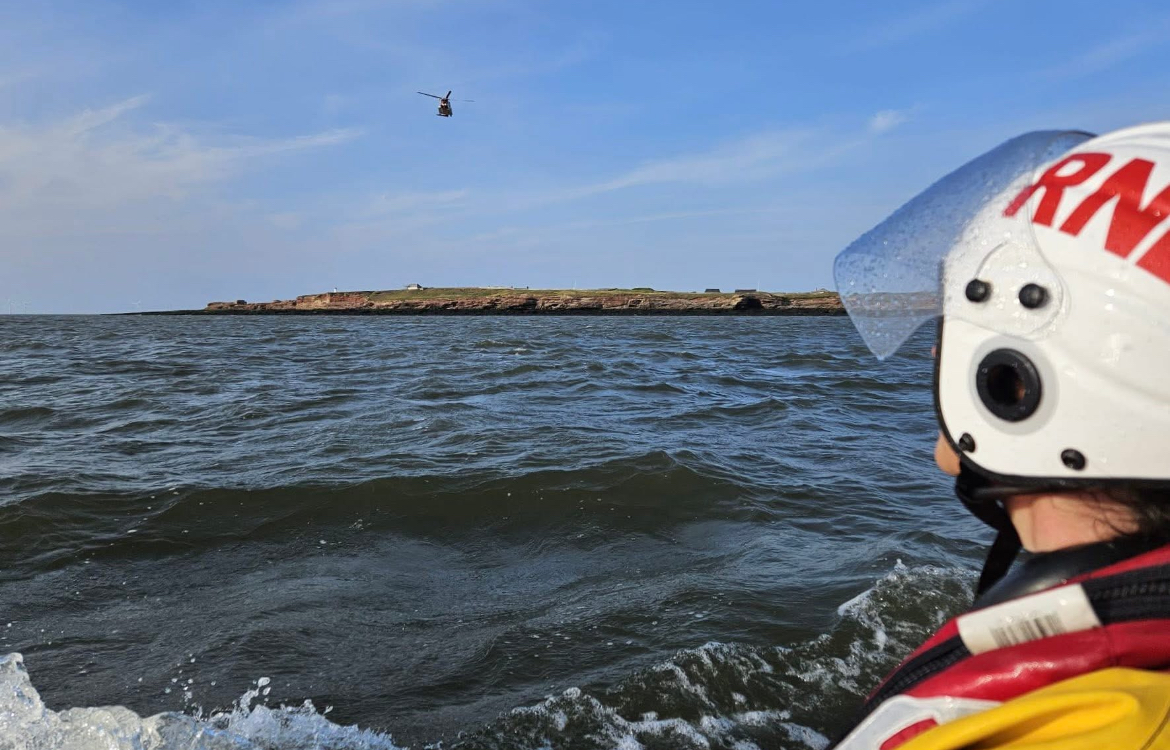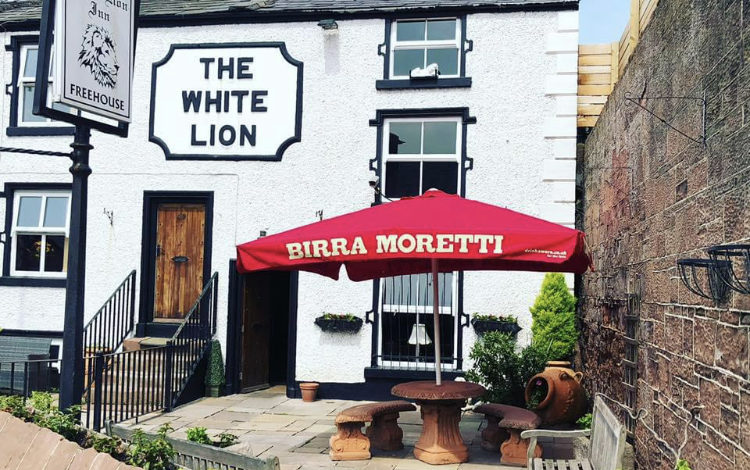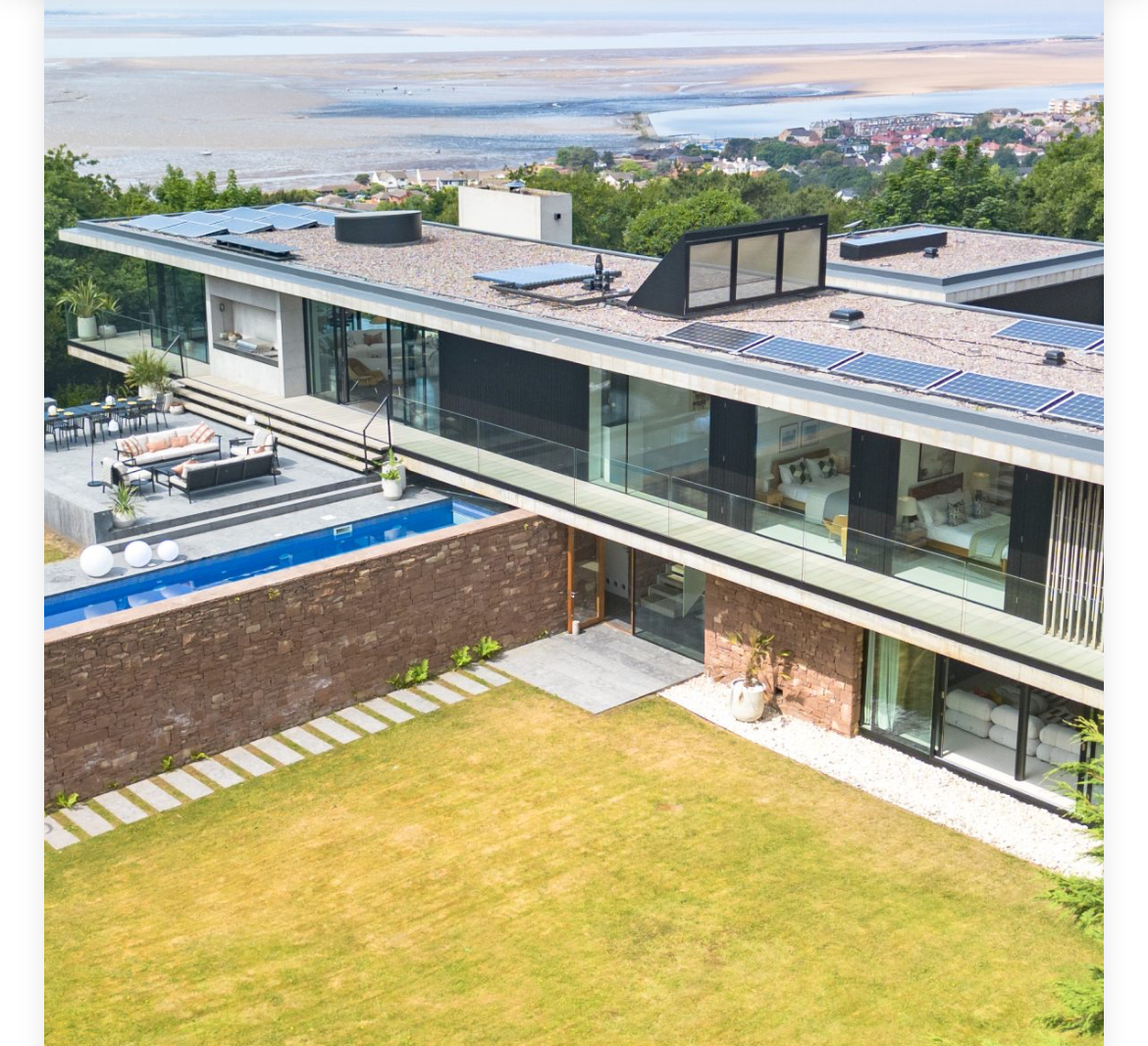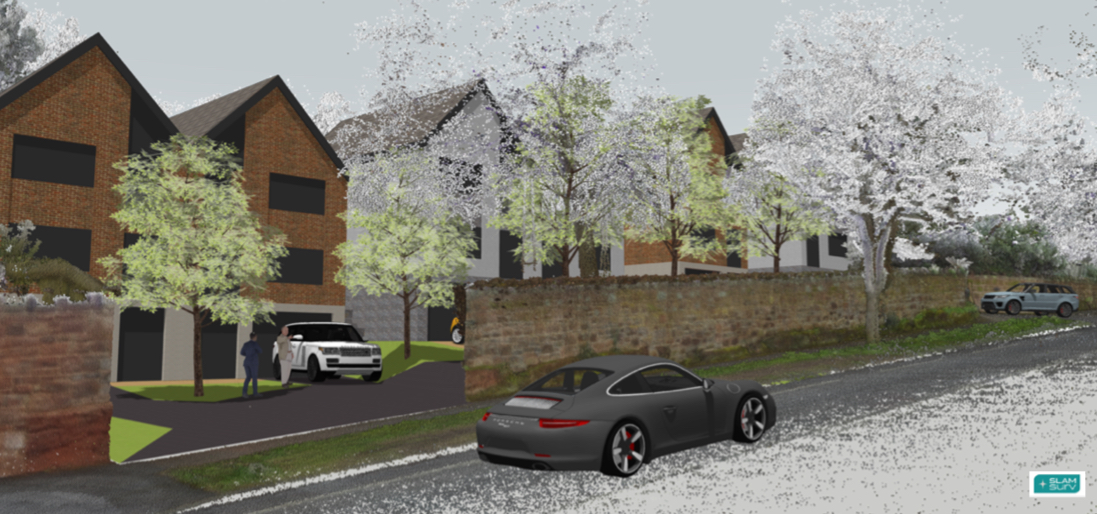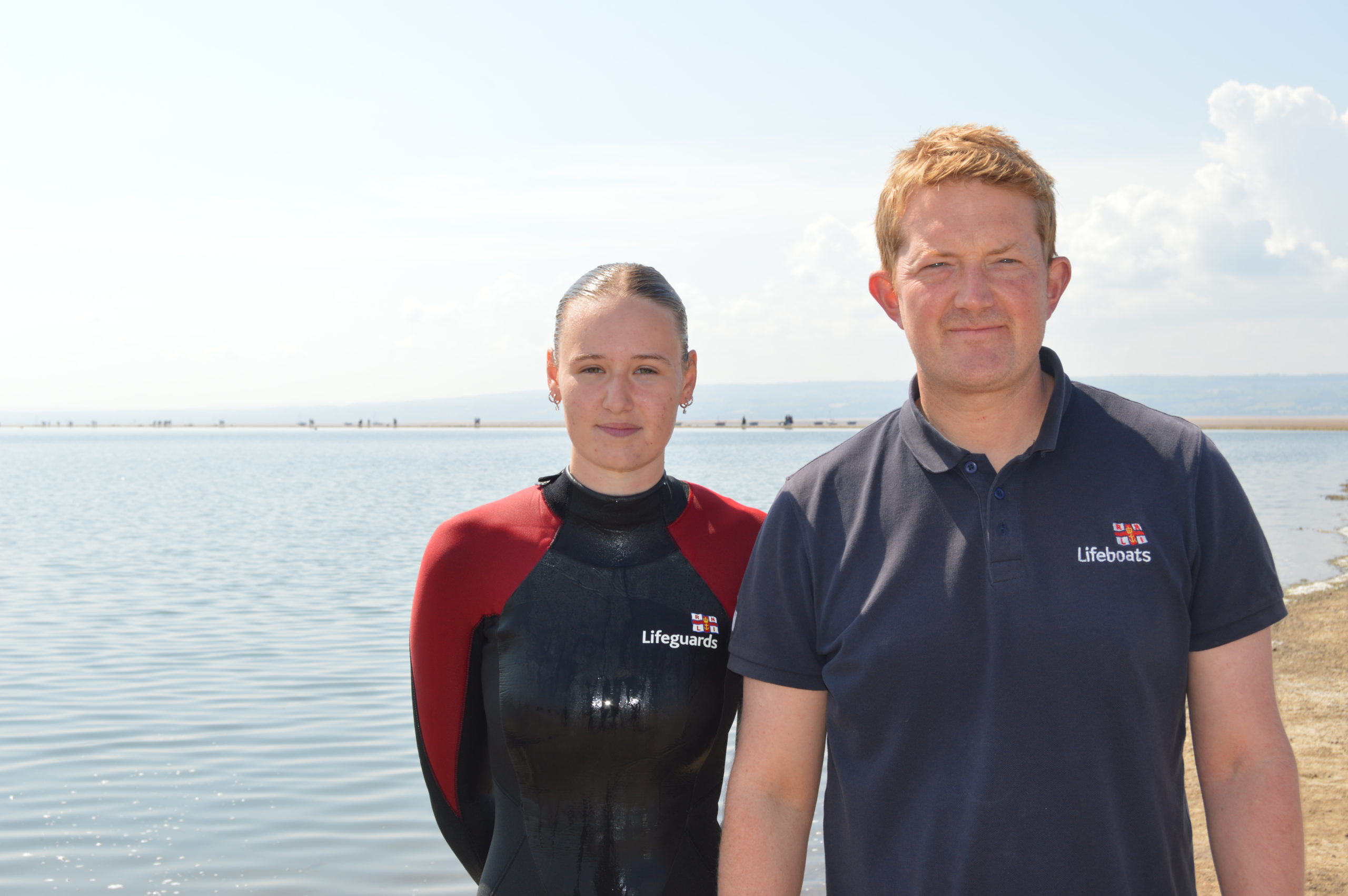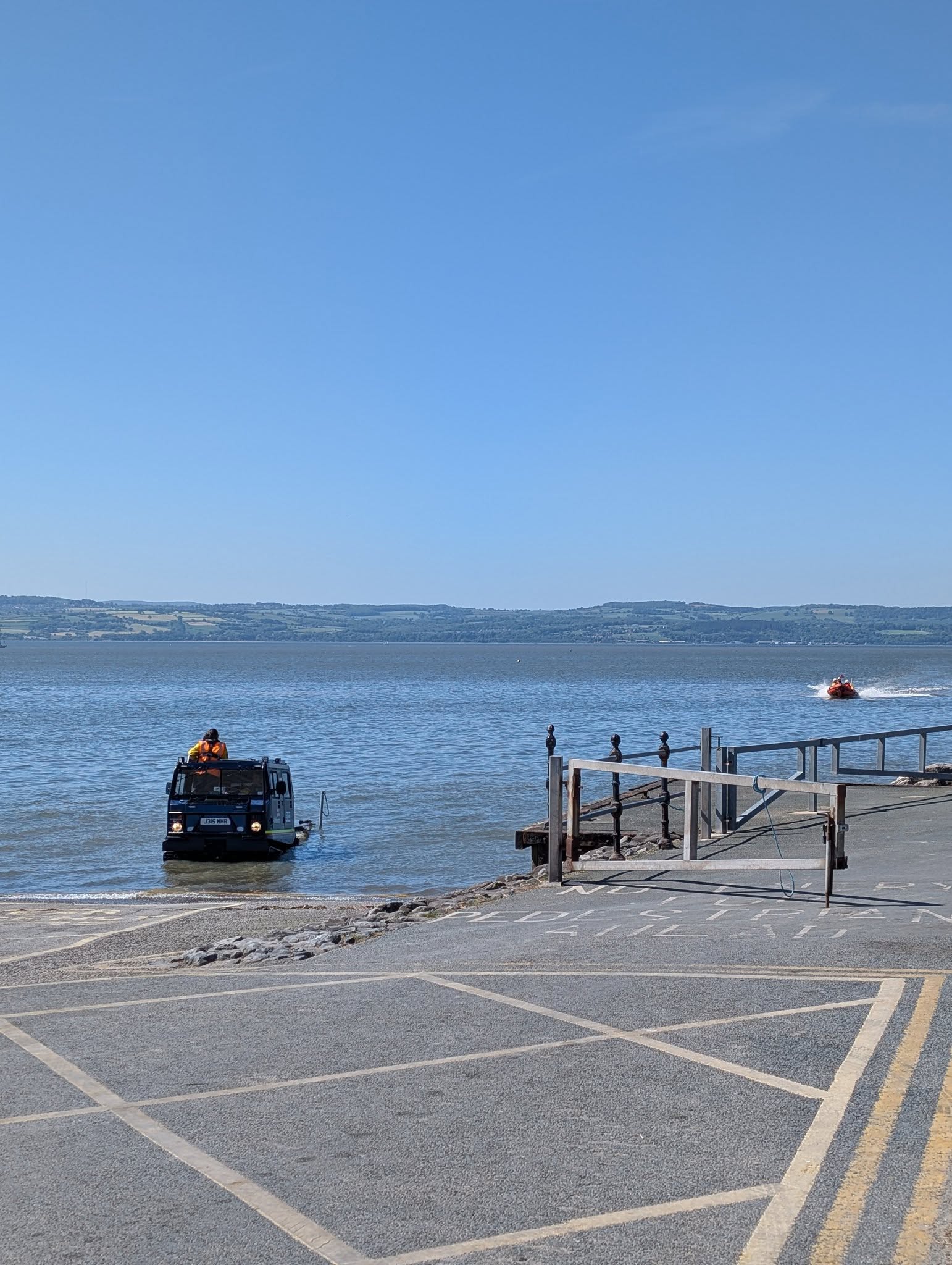Wirral Council has thrown out a proposal to build 39 homes on land in West Kirby earmarked to become protected green space under the new Local Plan.
The trustees of Greenfield Estate on Grange Road commissioned a consultation with local residents last year over a proposal for the site, which received 152 responses – of which only one was in support of the scheme.
Concerns were raised about a range of issues including the loss of open space, traffic congestion and the impact on the wider area.
When they submitted the application last November, consultants Emery Planning said they had made a number of changes, including reducing the number of units and creating areas of open space within the development.

However, in their decision letter, council planners write: “The development…would form a visually obtrusive feature within the streetscene which would impact on existing open views on to and across the site, as well as existing views onto the estuary and beyond.
“The resulting loss of the existing green space within this otherwise urban setting, would be harmful to the character of the surrounding area. As such the development would form inappropriate development on an area of visual importance to the locality and the wider area and have a detrimental impact upon the townscape and character of the area.”
They also believe granting the scheme permission would undermine the process of putting together the Local Plan by “predetermining a decision about development on a locally prominent and significant site at the entrance to West Kirby, which would significantly affect the character and setting of the town, on a site that is not currently needed to provide for the future housing land supply”.
Other reasons given for refusal are insufficient evidence of the presence or absence of a protected species, and the lack of an agreement over affordable housing as part of the development.
The applicant has six months to decide whether to appeal the decision.

